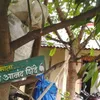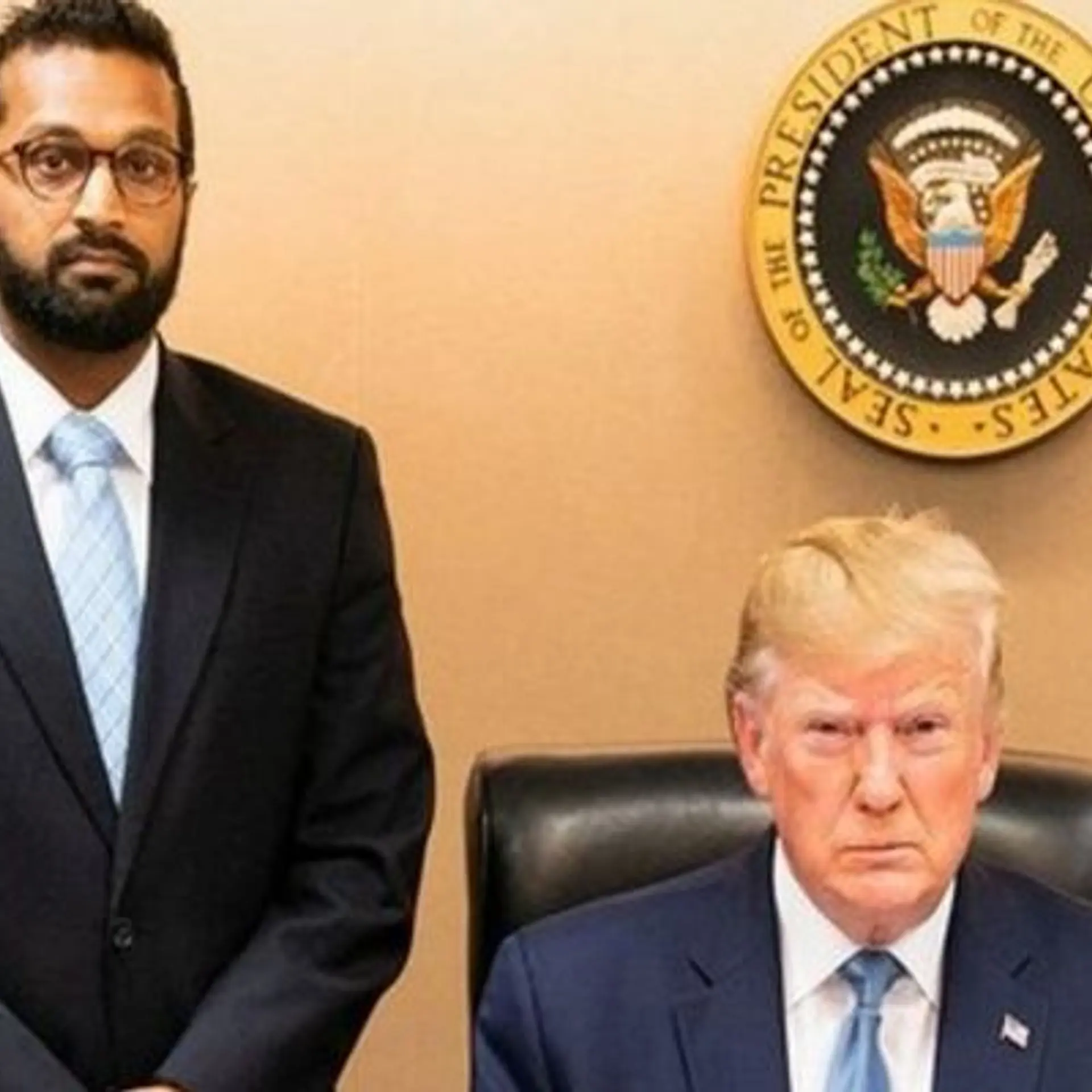On World Environment Day, meet the people and organisations working tirelessly to green our future
From relocating trees uprooted during cyclones to saving organic farming traditions for future generations, individuals and organisations across India are taking steps to preserve our environment.
Modern living and the consequent infrastructural development have taken a serious toll on the environment. Forests are being razed, green spaces are depleting, water bodies are shrinking, and piles of garbage are growing.
On World Environment Day, we take a look at a few individuals, organisations, and governments who have taken matters into their own hands. To ensure a greener future for all of us.
Reviving our green lungs, one tree at a time
• Chennai gets a tree ambulance to relocate and revive trees
On International Day of Biological Diversity ( May 22), Chennai got its first tree ambulance. Equipped with services like a seed bank, the ambulance, which aids in distribution of plants and helps citizens in tree plantation drives, was flagged off by Vice President Venkaiah Naidu.

(Image: Ritz Magzine)
Many trees were uprooted in the aftermath of cyclones Vardah and Gaja, and this ambulance will help give them a new life. uprooted will be revived with the help of ambulance. It will also have experts on board to help with relocation and revival.
The initiative is the brainchild of K Abdul Ghani, known as the Green Man of India, and is supported by the SASA Group.
• Father-son duo fight climate change and empower tribal people
As per international reports, it is estimated that we have only 12 years left to save our planet from rising temperatures. To tackle rising concerns, Mumbai-based Grow-Trees has got down to work. This organisation has planted 2.48 million trees in the past decade.

(Image: The Logical Indian)
How do these trees help? They have helped reduce 78,252,500 kg of carbon emissions every year. Co-founded by Karan Shah, an MBA graduate from Harvard, and his father, Pradip Shah, also the founder of CRISIL, India’s largest credit rating agency, in 2010, Grow-Trees is now present in 14 states across India. The NGO has also generated 205,000 days of employment till now.
Managing waste for a cleaner, greener, and better tomorrow
• This school in Assam accepts plastic waste as a fee
Located in Guwahati, a school is instilling the knowledge of sustainable living and managing waste. What’s interesting is the fact that the school doesn’t accept any monetary fee, but seeks plastic waste.

(Image: Efforts For Good)
Founded by Parmita Sarma and Mazin Mukhtar in June 2016, Akshar School now has a strength of around 100 students from four to 15 years of age. It is funded by the Indian Oil Company, and teaches students to recycle discarded plastic for small construction projects.
• A store that stocks everything except plastic and non-organic products
Trying to bring back the lost glory of Goa, childhood friends Jonah Fernandes and Eldridge Lobo adopted a zero-waste lifestyle and initiated a clean-up drive in their towns, Siolim and Morjim.

(Image: Prutha Goa)
They then started an all-purpose zero-waste store called Ecoposro in April 2018. One can find everything in this store (posro means a small shop in Konkani), from groceries to chemical-free fertilisers, but nothing that contributes to waste.
The store has a strict zero-waste policy, right from procuring raw material to delivering to its customers. The duo also requests local vendors and farmers to avoid plastic.
Saving natural resources for future generations
• Mumbai-based NGO is saving water by fixing leaking taps
A leaking tap is often ignored in many households, but it’s true that drops of water combine to form the ocean. A leaking tap will result in over 1,300 litres of water being wasted, and that’s a big number in a world that’s running out of water.

(Image: NDTV)
To counter such issues, Mumbai-based NGO Drop Dead Foundation, run solely by 84-year-old Aabid Surti, is going from door to door and fixing leaking taps. Till date, he has gone to 2,000 homes and saved over 20 million litres of water.
Aabid has also participated in popular game show Kaun Banega Crorepati to spread awareness about water conservation.
• Odisha teacher is sowing the seeds for an organic future
In this fast-paced life, people everywhere are looking for instant solutions. Even in the field of agriculture where farmers often use chemical fertilisers to enhance the growth of vegetables, fruit, and grains.

Natabar Sarangi (Image: Alajzeera)
The practice might seem harmless, but it has a huge consequence on our biodiversity. To make sure age-old traditions continue to be practised, 86-year-old Natabar Sarangi, a teacher-turned-organic farmer, has been collecting and has saved over 700 variety of seeds since 1988.
He has also trained more than a 1,000 farmers at his research institute called Rajendra Desi Chasa Gabesana Kendra, set up in Niali, Odisha.









